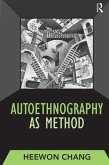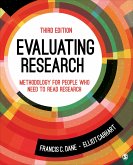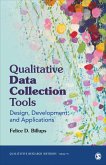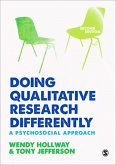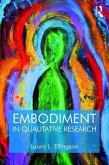Across intellectual disciplines, the ontological turn is restructuring how we think about our relationships with the natural world. Influenced by the seemingly disparate realms of indigenous philosophy and quantum physics, the turn invites us to think about intra-actions and assemblages of human and nonhuman entities.
This raises epistemological questions about how we know about the world, and spotlights some of the problems with how we currently do conventional social science research. Diffractive Ethnography invites social scientists to consider alternate methodologies that account for the complexity of human behavior situated in larger environmental contexts.
For both novice and experienced researchers, this thought-provoking book opens new ways of thinking about methodology and raises questions about the ethical and justice orientations of our work.
This raises epistemological questions about how we know about the world, and spotlights some of the problems with how we currently do conventional social science research. Diffractive Ethnography invites social scientists to consider alternate methodologies that account for the complexity of human behavior situated in larger environmental contexts.
For both novice and experienced researchers, this thought-provoking book opens new ways of thinking about methodology and raises questions about the ethical and justice orientations of our work.
What would happen if social researchers de-centered themselves and humans? How do social scientists tackle important policy issues? These questions are deftly explored by Gullion in a fascinating and timely volume about the ontological turn in the social sciences. Diffractive Ethnography is for social scientists who want to be rid of hierarchies in order to engage deeply in social justice. It is for those of us who want to throw away the tool box, and see what creative new connections we can make across disciplines and ways of being. This is the most exciting book on methodology I have read in years.
Sandra L. Faulkner, Bowling Green State University, author of Real Women Run
Sandra L. Faulkner, Bowling Green State University, author of Real Women Run
What would happen if social researchers de-centered themselves and humans? How do social scientists tackle important policy issues? These questions are deftly explored by Gullion in a fascinating and timely volume about the ontological turn in the social sciences. Diffractive Ethnography is for social scientists who want to be rid of hierarchies in order to engage deeply in social justice. It is for those of us who want to throw away the tool box, and see what creative new connections we can make across disciplines and ways of being. This is the most exciting book on methodology I have read in years.
Sandra L. Faulkner, Bowling Green State University, author of Real Women Run
Sandra L. Faulkner, Bowling Green State University, author of Real Women Run


